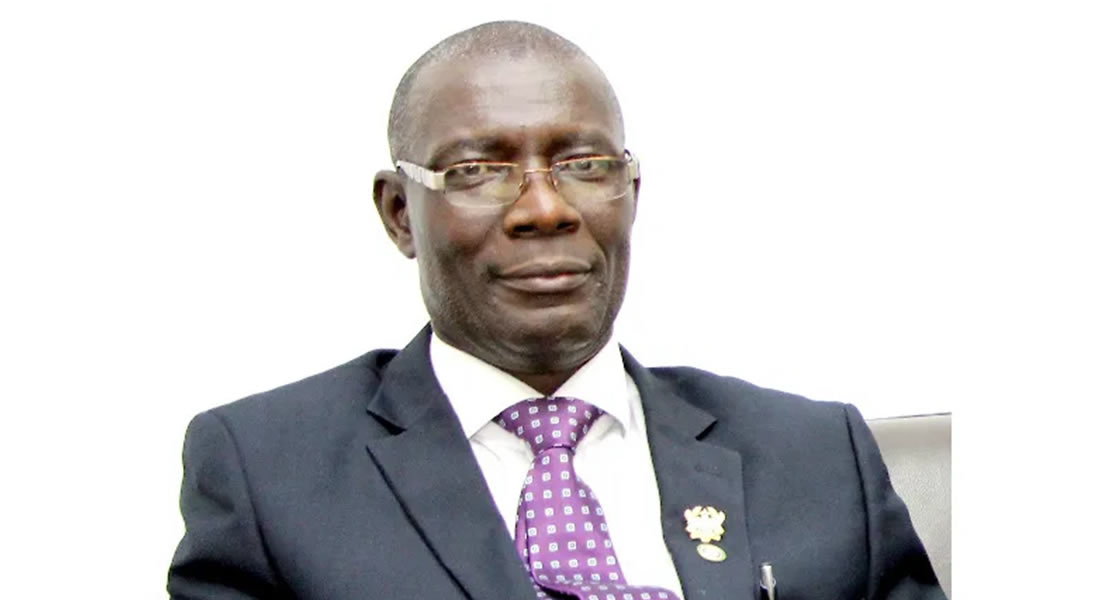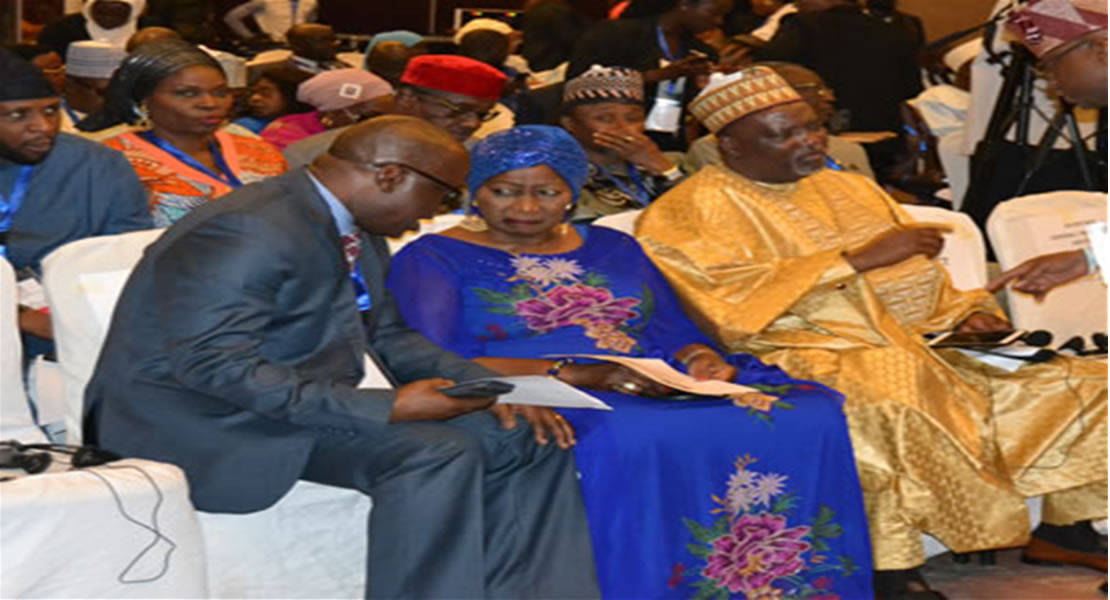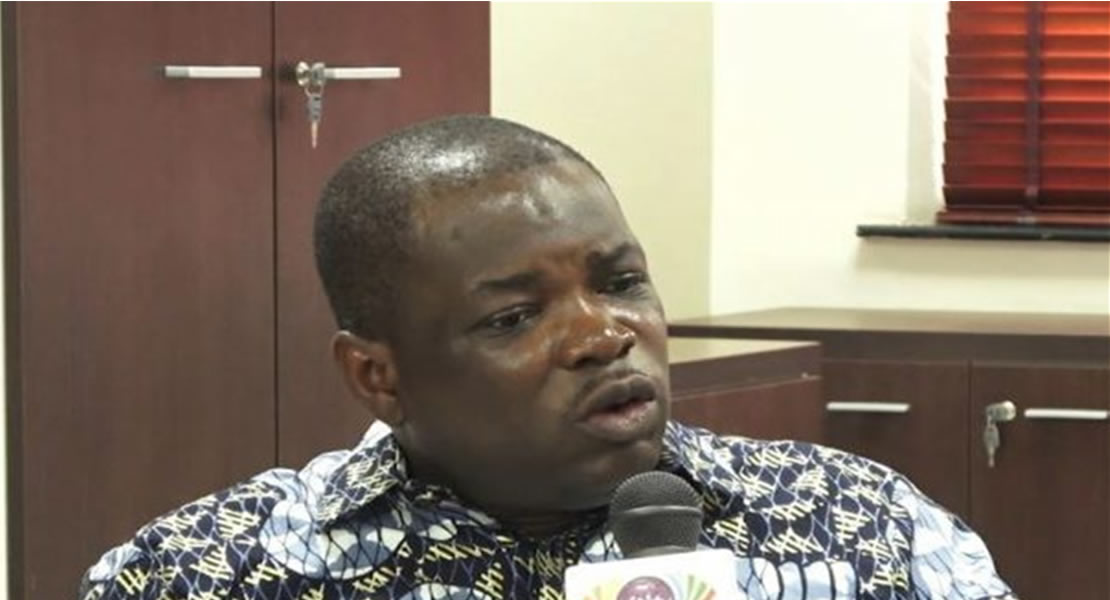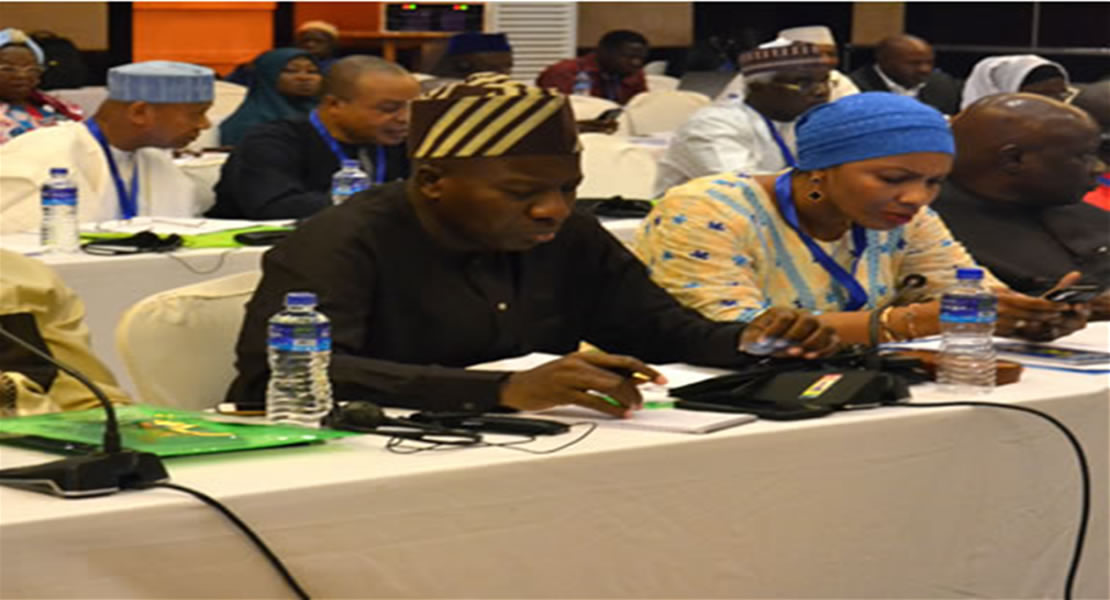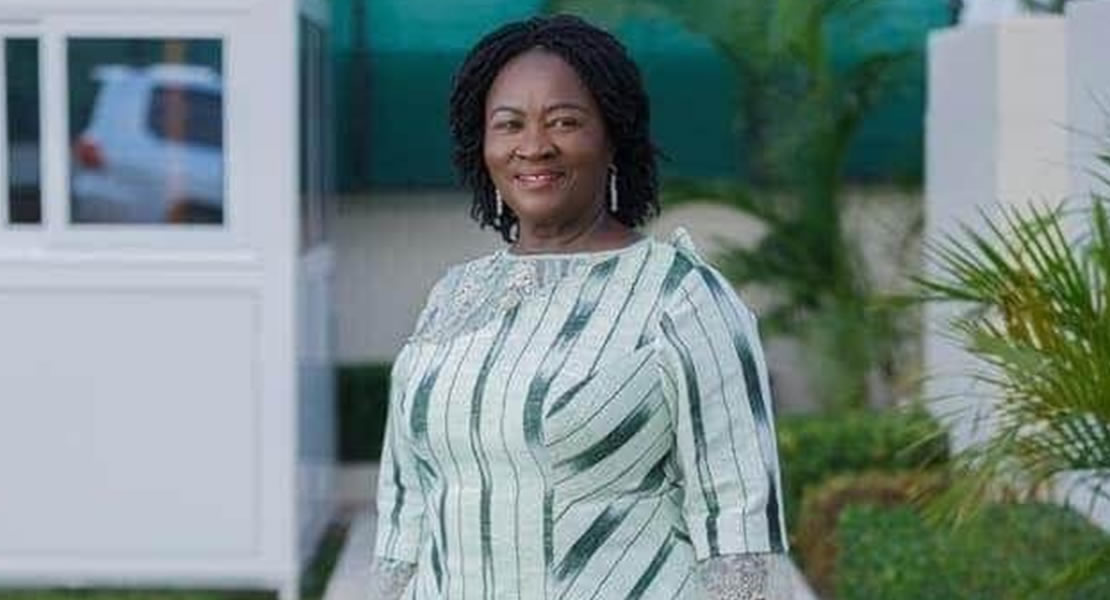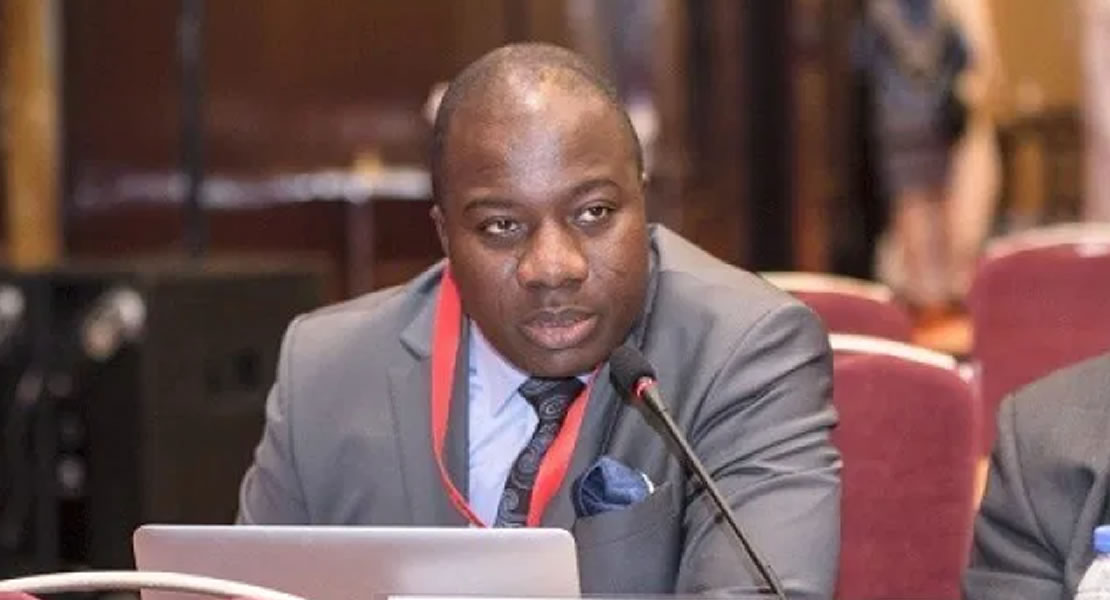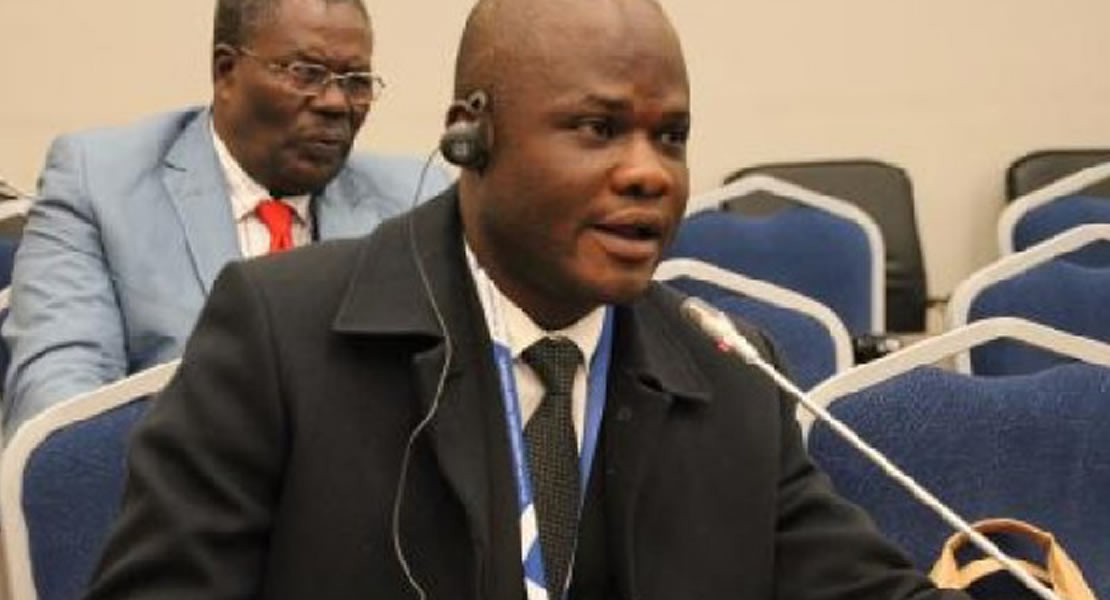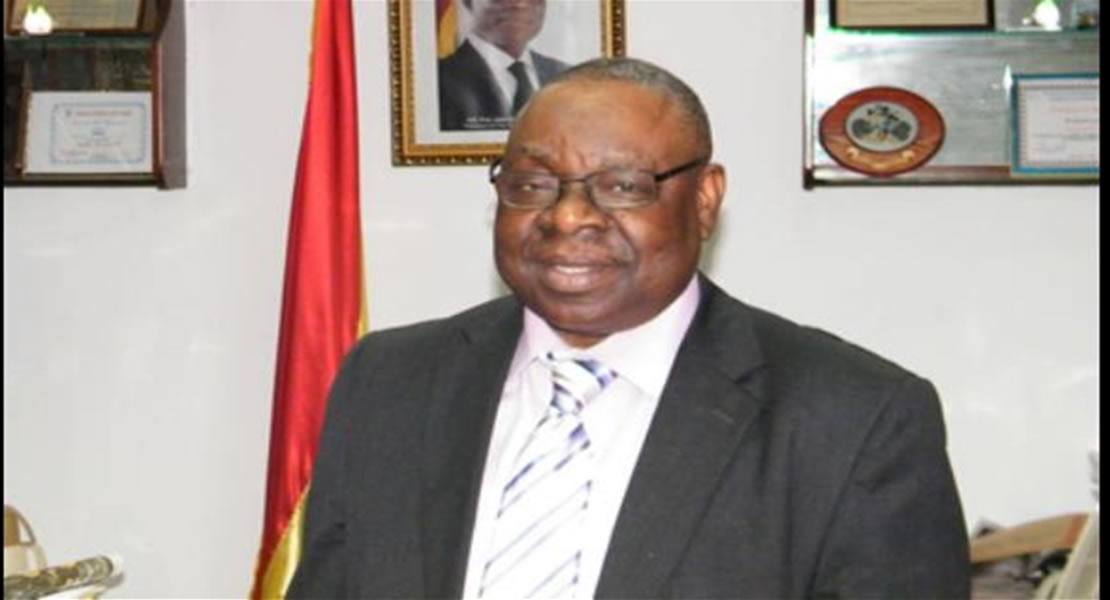President of the Community Court of Justice, Justice Edward Amoako Asante has lamented over a practice where the court has never in its history received referrals from any member state unlike their counterpart, the Community parliament currently working on referrals from the Commission.
According to him, the development is worrisome and has implications for the development of the Community law and its integration into the member states.
He further pointed out that the court is encouraged by the exercise of referral power given the Community Parliament albeit by the ECOWAS Commission. “We look forward to working with the Parliament towards ensuring that we receive referrals from the national courts”.
Adding, this would benefit and impact on the integration project and strengthen the collaboration between both institutions in the service of the Community and furthering the delivery of Justice.
Just like the Parliament, the Court also has the power to entertain referrals under its original mandate as the principal legal organ of the Community. In this role, the Court is required to ensure the observance of law and the principles of equity in the interpretation and application of the provisions of the 1993 Revised Treaty and all other subsidiary legal instruments of the Community.
Again, under Article 10 of the Protocol on the Court, it is vested with the power to issue in advisory capacity, a legal opinion on matters that require the interpretation of the provisions of the Treaty, it contributes to the prevention of conflicts or disputes as to the interpretation of the provisions of the treaty, he stated.
In his goodwill message at the Second Extra Ordinary meeting being held virtually, he noted that the pandemic has forced the adjournment of seventy one (71) cases including the twenty-seven (27) judgments and twelve applications for accelerated hearing.
“We are compelled to update the court’s practice direction and develop infrastructure for the electronic filing of cases while building the capacity of staff and other stake holders for the effective application of the technology”.
He further added that it is increasingly becoming obvious that virtual session would be the order of the day for the foreseeable future beyond the pandemic for the court and the technology has benefited on improving citizens access to the court and saving transport and associated cost of traveling to Abuja, “not to talk about saving hotel expenses for both parties and the lawyers”.
Kwaku Sakyi-Danso/Ghanamps.com
